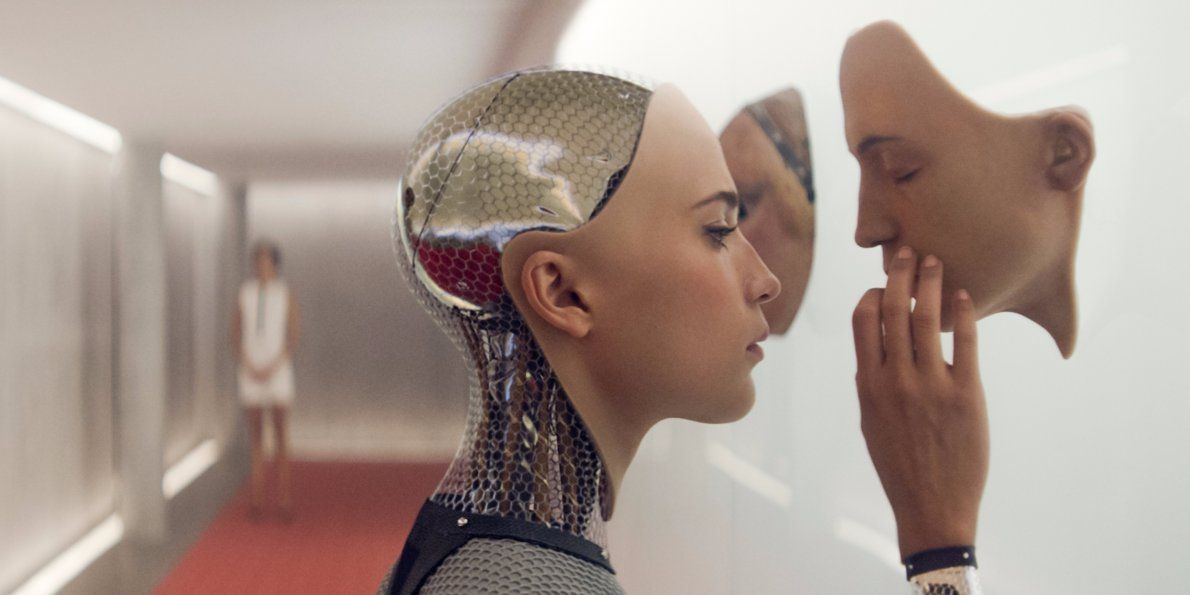Facebook’s Yann LeCun:
Myth #1: “Advanced robots will have feelings”. Most AIs will be specialized and have no emotions.
Myth #2: “Robots will develop emotions spontaneously”. AI will only have emotions if they’re programmed with them.
Myth #3: “Robot emotions will be similar to human emotions”. There is no reason for AIs to have self-preservation instincts or jealousy.
LeCun adds: “unless we build these emotions into them. I don’t see why we would want to do that.”
Hmmm…
AI will not be what you think it will be.

Most folk consistently overlook the reality that distributed “artificial superintelligence” has actually been under construction for many decades.
Not driven by any individual software company or team of researchers, but rather by the sum of many human requirements, whims and desires to which the current technologies react. Among the more significant motivators are such things as commerce, gaming, social interactions, education and sexual titillation. Virtually all interests are catered for and, in toto provide the impetus for the continued evolution of the Internet.
By relinquishing our usual parochial approach to this issue in favor of the overall evolutionary “big picture” provided by many fields of science. the emergence of a new predominant cognitive entity (from the Internet, rather than individual machines) is seen to be not only feasible but inevitable.
The separate issue of whether it well be malignant, neutral or benign towards we snoutless apes is less certain, and this particular aspect I have explored elsewhere.
The evolution of technology being but one phase of an evolutionary continuum which can be traced at least as far back as the formation of chemical elements in the first stars.
Netty’s emotional landscape can, of course, be expected to be very different from ours. As with biological organisms the extent and nature of emotions is a function of the niche occupied.
Imagination and “creativity” of the kind that characterizes we humans is almost entirely attributable to the co-evolution of language along with largely obligate tool-use.
The embryonic Netty is already plentifully endowed with language and the huge repository of human knowledge that has arisen therefrom. So we can, in fact, anticipate far more imagination and creativity than is exhibited by we poor snout-less apes. Properties that would seem to sum to our rather nebulous notion of sentience.
This is a major theme of my latest book “The Intricacy Generator: Pushing Chemistry and Geometry Uphill” which is now available as a 336 page illustrated paperback from Amazon, etc . Netty, by the way, is the name by which I choose to identify the forthcoming cognitive entity